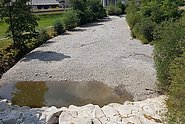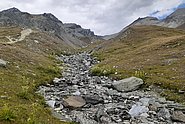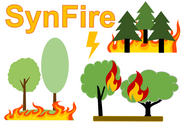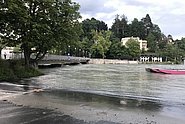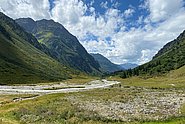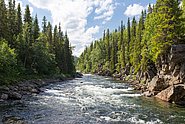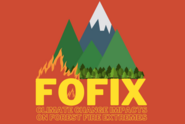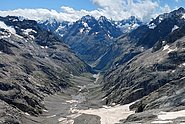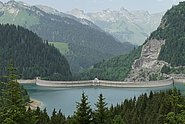Ich bin Assistenzprofessorin am Institut für Atmosphären- und Klimawissenschaften der ETH Zürich und am WSL- Institut für Schnee- und Lawinenforschung SLF in Davos. Bevor ich nach Davos kam, studierte ich Geographie und Klimawissenschaften an der Universität Bern, promovierte an den Universitäten Zürich und Grenoble-Alpes und arbeitete als Postdoc an der Eidgenössischen Forschungsanstalt für Wald, Schnee und Landschaft WSL und am National Center for Atmospheric Research in Boulder, Colorado. Meine Forschung fokussiert auf klimatische und hydrologische Extremereignisse wie Überschwemmungen und Dürren. Ich untersuche die hydro-meteorologischen Treiber von Extremereignissen, entwickle Methoden zu deren Vorhersage und quantifiziere Veränderungen im Wasserkreislauf und von Extremereignissen. Meine Gruppe an der ETH und am SLF quantifiziert das Gefahrenpotenzial und die Wasserverfügbarkeit in Bergregionen unter dem globalen Wandel.


